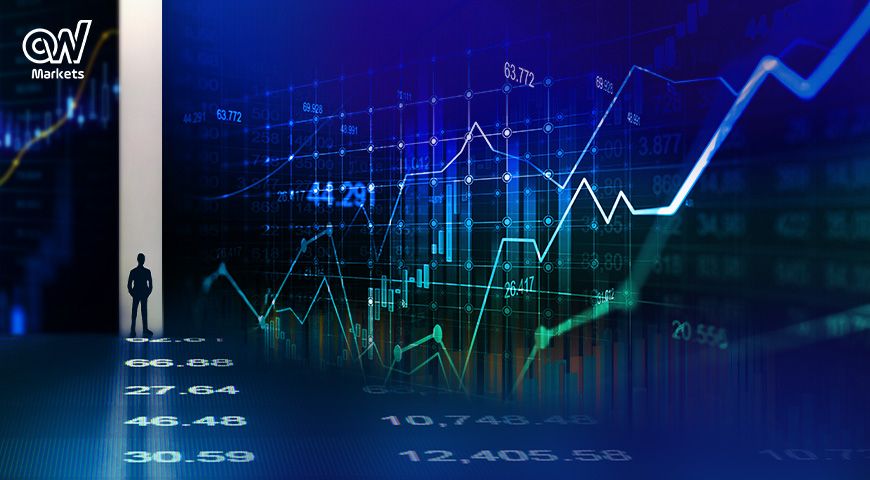Starting to trade in the Forex market involves several key steps to ensure you're prepared, knowledgeable, and able to manage the inherent risks. Here’s a guide to help you begin your journey in Forex trading:
1. Educate Yourself
Before you make your first trade, it’s crucial to understand the basics of Forex trading, including terminology, market principles, and how currencies are traded. There are many online courses, books, and webinars available that cater to beginners.
2. Choose a Reliable Broker
Selecting a reputable Forex broker is critical. Look for brokers who are regulated by major regulatory bodies. Compare their trading platforms, fees, ease of withdrawal/deposit, customer service, and the types of accounts they offer.
OW Markets LTD, a company registered in Seychelles with registration number 8434358-1. authorized and regulated as a securities dealer by the Financial Services Authority (FSA) License Number SD187 The importance of this license lies in regulating companies and financial activities, investigating violations, and developing the rules governing companies and financial markets.
Why should you trade with OW Markets?
Reliability
OW Markets is a fully licensed broker, meaning all your transactions will be conducted in a safe and legal manner.
Global
Access to various financial markets
Joining OW Markets means joining a large family of thousands of investors spread around the world.
Security
high level of financial security and protection offered by OW Markets. You do not have to worry about your money with OW Markets, as we protect it by adhering to top-of-the-line financial and banking standards for a unique trading experience.
Super Execution Speed
Enjoy faster access to the market and faster execution of your trades with OW Markets.
Leverage up to 1:1000
you will have more capital available to enter into more professional trades. When it comes to trading CFDs on forex and other financial instruments, leverage is considered a fundamental tool. It gives you the chance to use small capital to strike a deal that needs much greater capitalز
3. Open a Trading Account
Once you’ve chosen a broker, you’ll need to open a trading account. OW Markets offers you two types of trading accounts based on your risk tolerance and the amount of capital you are willing to invest. we also offer demo accounts where you can practice trading with virtual money.
4. Start with a Demo Account
Before trading with real money, practice with a demo account. This will help you get familiar with the MT5 trading platform and its features without any financial risk. Use this phase to test trading strategies, learn how to place trades, and understand risk management without the pressure of losing real money.
5. Develop a Trading Plan
A trading plan is a comprehensive set of guidelines that cover your trading goals, risk tolerance, and strategies for entering and exiting trades. This should include:
Risk Management Rules: Decide how much of your portfolio you are willing to risk on a single trade. Many successful traders risk 1-2% of their account balance per trade.
Trading Strategy: Define what signals you will use to enter and exit trades. This could be based on technical analysis , fundamental analysis , or a combination of both.
6. Implement Risk Management
Understanding and implementing risk management strategies is essential. This involves setting stop-loss orders to minimize potential losses and taking profit levels to secure profits. Always assess the risk-reward ratio of your trades to ensure potential rewards justify the risks.
7. Analyze the Market
Market analysis is a continuous process. Utilize technical analysis, fundamental analysis, and sentiment analysis to make informed trading decisions. Keep an eye on economic indicators, news events, and other factors that could affect currency prices.
8. Start Trading
Begin with small trades to test your trading plan and adjustments in live market conditions. Monitor your trades and adapt your strategy as necessary based on performance and changing market dynamics.
9. Keep Learning and Stay Updated
The Forex market is dynamic and requires constant learning and adjustment. Stay updated with financial news, market trends, and continue educating yourself about advanced trading strategies and risk management techniques.
Conclusion
Starting in Forex trading requires preparation, education, and careful planning. By following these steps, you can build a solid foundation for a potentially successful trading career. Remember, Forex trading involves significant risk of loss and is not suitable for all investors.

